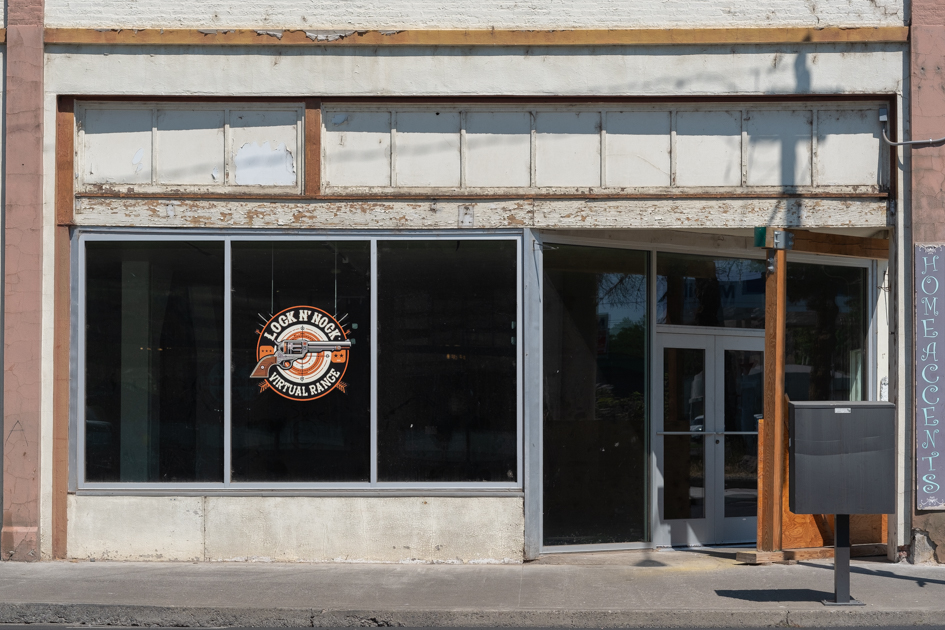Ranchers warn against scam artists who try to prey on livestock producers
Published 8:02 am Tuesday, February 21, 2023

- Cattle walk past a dry pasture in Washington. Idaho, Oregon and Washington set temperature records for August 2022.
ROSEBURG — Several ranchers are warning others in their industry of a scam that could cost them thousands of dollars.
In the last couple of months, ranchers Don and Anthony Santos of Glide, Bob Buchanan of Klamath Falls, and Veril Nelson of Sutherlin, have been contacted via text messages about the possible purchase of bulls, cows or heifers. They recognized red flags fairly early in the text negotiations, didn’t continue the communications and did not fall for the scams.
Trending
The initial texts to them said their names were found in “a state Angus directory,” according to Anthony Santos. The message inquired about whether a bull, cows or heifers were available for immediate sale.
Anthony Santos replied via text and said the Santos Angus Ranch had a bull for sale.
“I was then asked to send some pictures and ‘a rock-bottom price,'” he explained.
A price of $3,500 for the bull was agreed upon with the animal to be hauled to a Chiloquin property.
“But then it was out of the ordinary to ask for health papers for an in-state sale,” Santos said. “The only time health papers are needed is when animals go across state lines.
“I was pretty skeptical from the beginning,” he added.
Trending
A cashier’s check from a Houston, Texas, company was sent to Santos. The check was for $5,400.
Santos said that was another “big red flag.”
“They wanted us to wire $1,900 back in a personal or cashier check to a South Carolina account,” said Santos, who called the Houston company to check on its status. “It was supposedly a financial company, but when I called, it just rang and rang and rang. I left a message, but was never called back.”
Santos also called the owner of the Chiloquin property, and that person had no knowledge of the text messages and request to buy livestock.
The check Santos received was turned into a local bank and a few days later the bank responded, saying there were no funds to cover it. Santos forwarded the text messages and the bank filed a fraud case.
Buchanan, the Klamath Falls rancher, said a rancher friend in Northern California had called him and warned him about the scam before he received a text inquiring about the possible purchase of two cows. A price was agreed upon, but then Buchanan checked on the name he was given. It was somebody connected to the livestock industry, but who had no knowledge of the transaction.
Buchanan received a couple of cashier’s checks, the first one for less than the agreed price and the second for more, but “they were drawn from different places and they looked suspicious,” he said.
“It didn’t take me too long to figure out this was a scam,” he added. “More texts were sent to me, but I just didn’t reply.”
Nelson said his response to the text he received was to explain he sold his bulls at the Lorenzen Red Angus Bull Sale in Madras, and a bull could be purchased at the sale or online during the sale. There was no reply.
Santos said he’s aware scams occur in different industries, but he wants to warn his fellow ranchers that if they’re not paying attention, they could lose a lot of money.
Buchanan’s message is, “Thank you for making people aware of this.”








